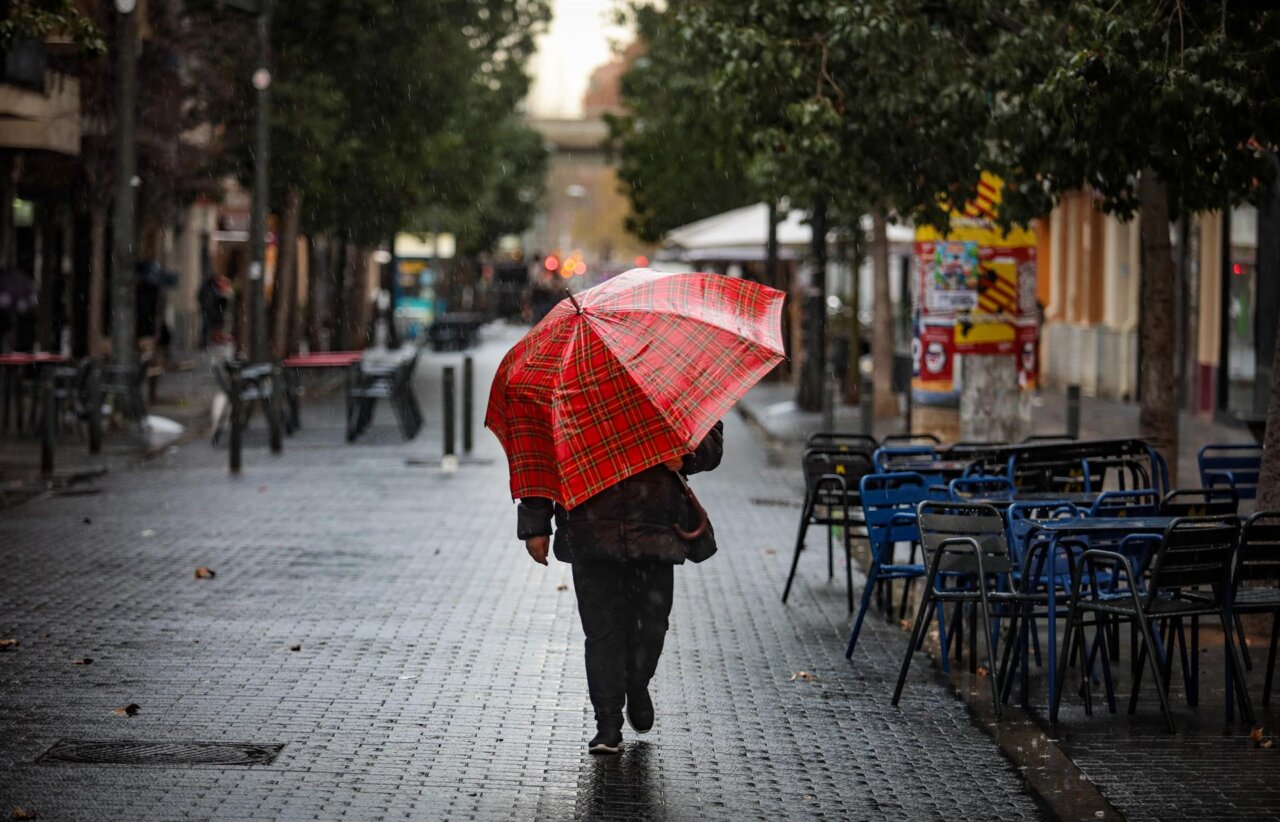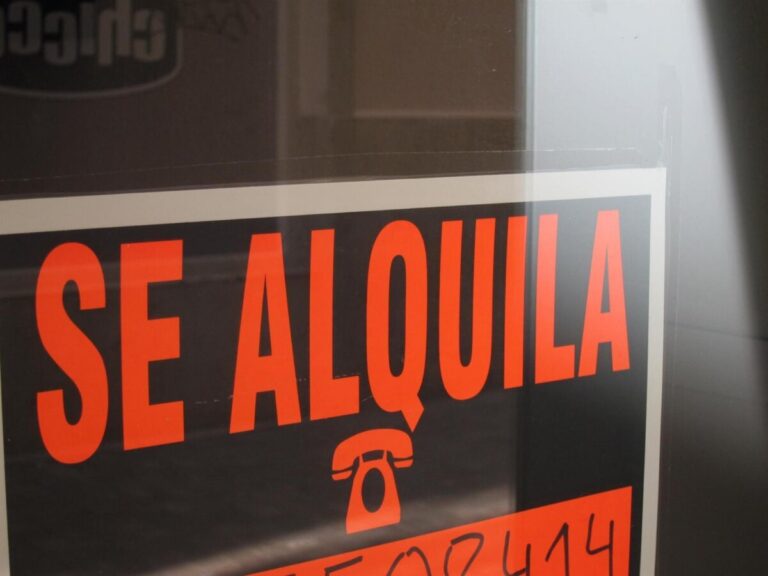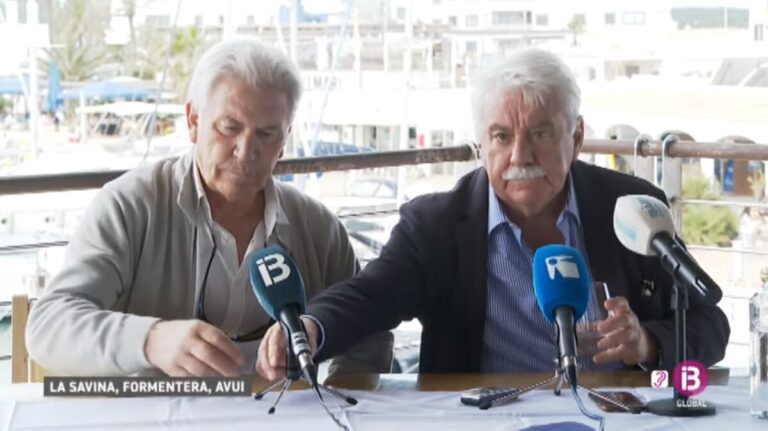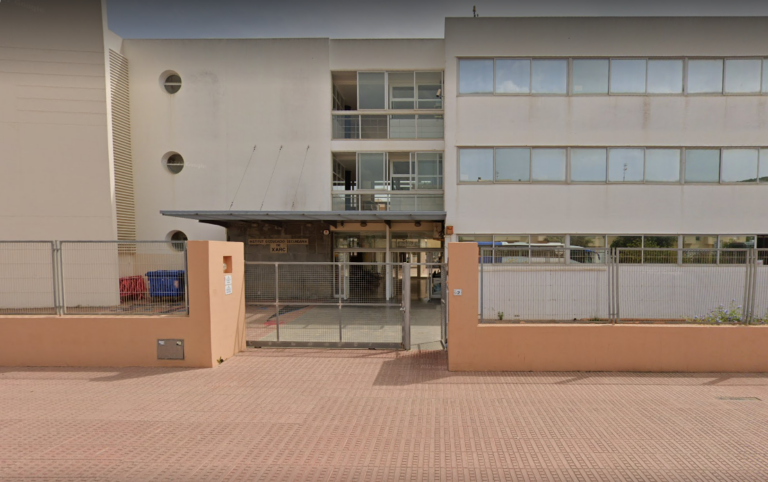The arrival of the squall Herminia has caused a complicated weekend in Galicia, where weather conditions have reached extreme levels. With wind gusts that reached 162.5 km/h in Punta Candieira (A Coruña) and accumulated rainfall exceeding 110 liters per square meter in Santa Comba, the community remains on red alert for the effects on the coast and heavy rains.
Incidents and problems on the roads
The emergency service 112 Galicia has reported 187 incidents until Sunday afternoon, being A Coruña the most affected province, with 94 cases. Fallen trees and branches, landslides and objects displaced by the wind have hindered the circulation on several roads. One of the most significant incidents took place in A Pobra do Caramiñal, where a three-meter canopy hit a vehicle, although fortunately there were no injuries. In Pol (Lugo), a vehicle collided with a tree that completely blocked the LU-750 road, while in other areas emergency teams worked to prevent further damage and remove obstacles.
Suspension of transportation and cancellations
Transport has also been severely affected. Renfe has suspended several medium-distance trains, including the A Coruña-Ferrol and Ferrol-Ribadeo-Oviedo routes. Likewise, air traffic has suffered alterations with diverted and delayed flights, while maritime transport in the estuary from Moaña and Cangas to Vigo has been cancelled until further notice.
River warnings and flood plan
The Xunta de Galicia has activated the Special Civil Protection Plan for flood risk (INUNGAL), with special monitoring in the Lérez and Oitavén rivers, which are already registering higher levels than those established. Citizens have been warned about possible overflows in these areas.
Sea in critical condition
The Galician coastline is also facing extreme conditions, with waves reaching between 10 and 12 meters in some areas. MeteoGalicia has called for caution, especially on the north coast, where strong wind gusts and poor visibility complicate the situation.
More consequences for ‘Herminia
As for temperatures, the mercury plummeted to -2º in Cabeza de Manzaneda (Ourense), marking one of the coldest records of this squall. In spite of the damage and interruptions, the authorities assure that they continue working to restore normality as soon as possible.










